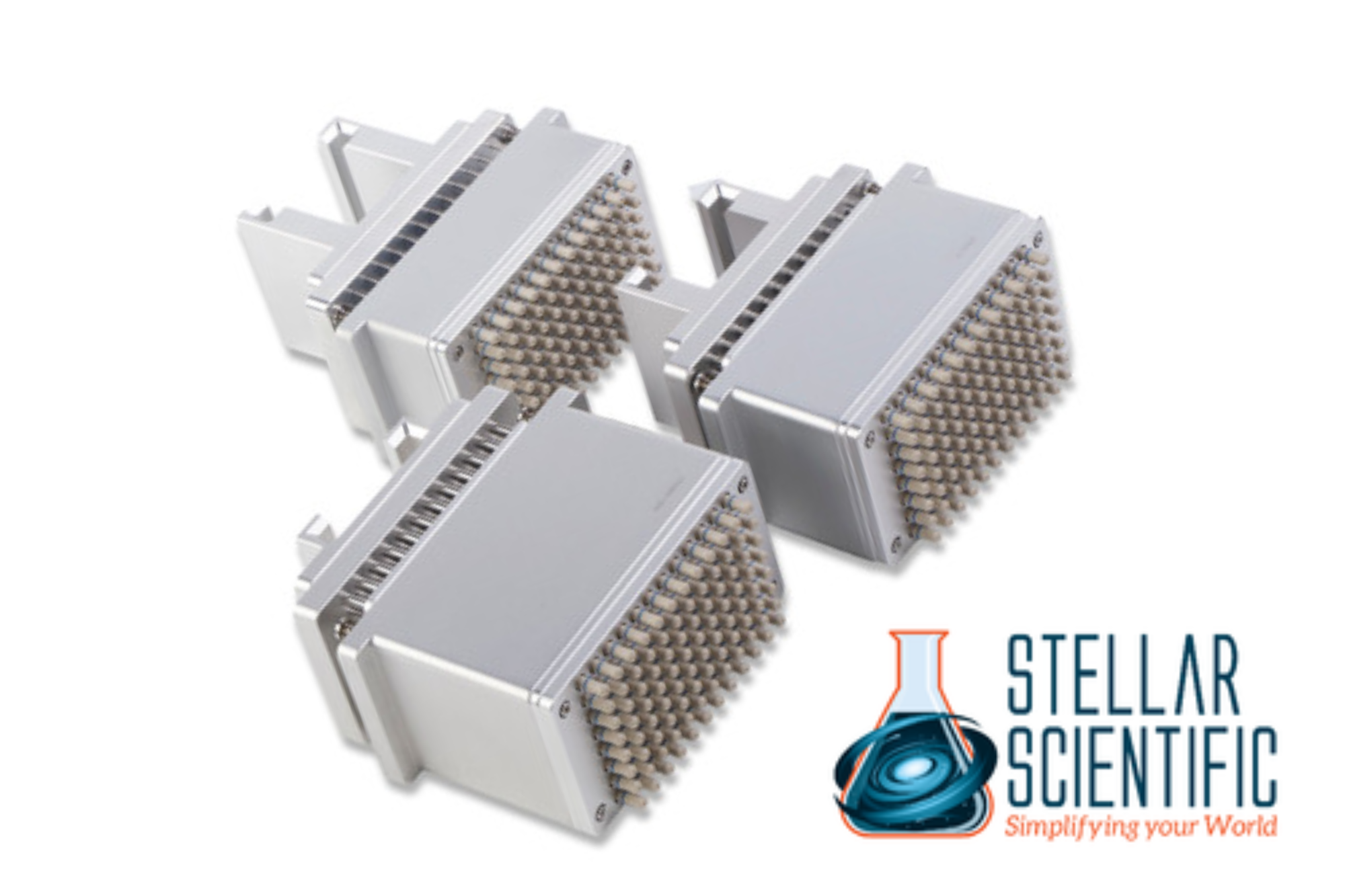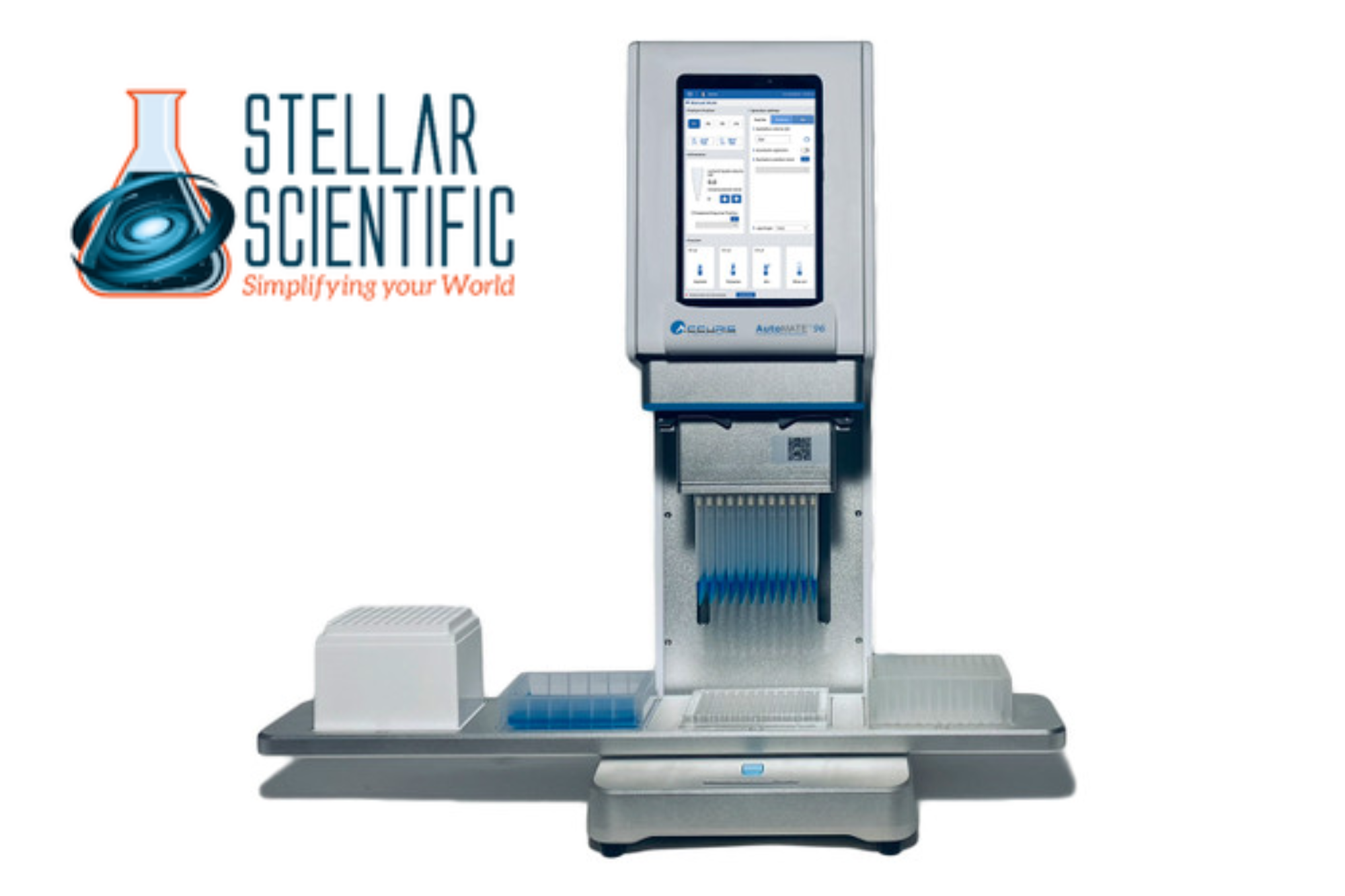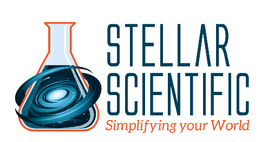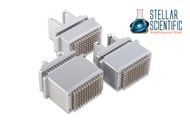Find the Perfect Liquid Handling Solutions for Your Lab
26th Jun 2025
In any laboratory setting, precise and efficient liquid handling is critical. Whether you're performing simple buffer preparations or conducting high-throughput screening, the accuracy and consistency of your liquid handling tools directly impact the reliability of your results. Finding the right liquid handling solutions is essential for maintaining data integrity, ensuring reproducibility, and improving workflow efficiency.
At Stellar Scientific, we offer a curated selection of liquid handling equipment and consumables that are designed to meet the highest standards of performance across a wide range of laboratory applications. This article explores the key aspects of selecting the perfect liquid handling solutions for your lab, the features to consider, and the tools that can support your research or clinical work.

Why Liquid Handling Matters
Liquid handling is more than just transferring fluids from one container to another. In laboratory environments, it involves the accurate measurement, dispensing, and manipulation of liquids in volumes ranging from milliliters to microliters and even nanoliters. Whether you’re working in molecular biology, cell culture, chemistry, or diagnostics, your lab's ability to handle liquids efficiently and precisely plays a major role in overall success.
Errors in pipetting or inconsistent liquid transfer can result in significant issues such as inaccurate data, contamination, sample loss, and wasted reagents. Therefore, choosing reliable tools and implementing proper techniques are crucial steps toward improving your lab’s outcomes.
Types of Liquid Handling Tools
Depending on your workflow, you may require various types of equipment and consumables. Here are some of the most common categories:
Manual Pipettes
Manual micropipettes are a staple in almost every lab. These handheld tools are used for dispensing precise volumes of liquid. They come in single-channel and multi-channel configurations, which makes them suitable for individual tube handling or working with microplates.
When choosing manual pipettes, consider:
- Volume range: Fixed or adjustable, based on your needs
- Ergonomics: Comfort and ease of use during repetitive tasks
- Accuracy and precision: Calibrated for reliable measurements
- Compatibility: Use with high-quality pipette tips that ensure a proper seal
Electronic Pipettes
Electronic pipettes offer the added benefit of automation, making them ideal for repetitive or high-throughput applications. They improve consistency between users and reduce hand strain. Many models allow programmable functions such as reverse pipetting, multi-dispensing, and mixing.
These pipettes are well-suited for workflows involving:
- PCR setup
- Serial dilutions
- Reagent distribution in microplate formats
Serological Pipettes
Used with pipette controllers, serological pipettes are perfect for transferring milliliter volumes of liquid. They are commonly used in cell culture labs for media changes, reagent addition, and solution mixing.
Look for features such as:
- Clear graduation markings
- Low binding materials
- Sterility and RNase/DNase-free certification (for sensitive applications)
Pipette Controllers
These motorized or manual devices are designed to hold and control serological pipettes, offering greater speed and accuracy during liquid transfers. They’re essential for anyone working with larger volume pipetting tasks in biosafety cabinets or sterile environments.
Dispensers and Bottle Top Dispensers
For repetitive liquid dispensing directly from bottles, bottle top dispensers are the go-to choice. As a key component of lab liquid handling, they eliminate the need for transferring liquids to intermediate containers and help reduce spills and exposure to hazardous chemicals.
Ideal applications include:
- Reagent preparation
- Buffer distribution
- Chemical dilutions
Repeater Pipettes
Also known as stepper pipettes, repeater pipettes are designed for dispensing the same volume of liquid multiple times quickly. They’re especially useful in ELISA plate setups or when processing large batches of samples.
Key Features to Consider When Selecting Liquid Handling Tools
Choosing the best liquid handling solution for your lab involves evaluating several factors:
Accuracy and Precision
Accurate tools ensure the correct volume is delivered, while precision ensures repeatability across multiple transfers. These metrics are crucial for quantitative experiments such as qPCR, drug testing, and protein assays.
Ease of Use and Ergonomics
Tools should be comfortable for extended use and easy to calibrate or maintain. Ergonomic design minimizes user fatigue and repetitive strain injuries, which are common in high-throughput environments.
Compatibility with Consumables
Make sure your pipettes or dispensers are compatible with the pipette tips, serological pipettes, or reagent reservoirs you intend to use. A poor fit can lead to inaccurate dispensing or even contamination.
Chemical Resistance
For applications involving corrosive or sensitive chemicals, materials like polypropylene or fluoroplastics can prevent degradation and ensure safety.
Sterility and Purity
In molecular biology or clinical labs, sterility is a must. Always opt for certified RNase-, DNase-, and pyrogen-free consumables when dealing with nucleic acids or cell cultures.
Automation Compatibility
If your lab incorporates robotic systems or automated platforms, your liquid handling tools should align with their specifications. Choosing the right lab liquid handler, including manual or electronic pipettes designed for automation workflows, can enhance compatibility and efficiency across your processes.

Common Applications and Best Practices
Efficient liquid handling enhances performance across various lab applications:
- Molecular Biology: Pipetting accuracy is critical in DNA/RNA extractions, PCR setups, and enzyme reactions.
- Cell Culture: Maintaining sterility during media changes and cell transfers requires reliable pipette controllers and serological pipettes.
- Clinical Diagnostics: Assay reproducibility hinges on precise volume control and contamination-free sample handling.
- Pharmaceutical Research: High-throughput screening demands tools that are both fast and precise.
To ensure optimal performance, follow these best practices:
- Regularly calibrate your pipettes.
- Use the appropriate tip size and type.
- Avoid tilting pipettes while aspirating or dispensing.
- Pre-wet tips for better accuracy when working with volatile or viscous solutions.
- Store equipment according to manufacturer recommendations to prolong lifespan.
Supporting Your Workflow with Quality Equipment
At Stellar Scientific, we provide a comprehensive range of liquid handling solutions tailored to diverse laboratory environments. From robust manual pipettes to high-performance serological pipettes and dependable dispensers, our products are selected for their reliability, durability, and ease of use.
We also offer a variety of pipette tips, reservoirs, and accessories that support consistent, accurate liquid transfers. Each item in our catalog undergoes rigorous quality control to ensure it meets the performance standards scientists demand.
Whether you’re upgrading your current tools or outfitting a new lab, our selection simplifies the process of finding laboratory liquid handler solutions that truly support your workflow.
About Stellar Scientific
Stellar Scientific is a leading supplier of laboratory equipment, supplies, and consumables for research institutions, clinical labs, and biotechnology companies. Our carefully curated catalog includes top-quality tools designed to meet the demands of modern scientific work, from liquid handling and cryogenic storage to molecular biology and benchtop equipment.
Our goal is to help labs operate efficiently and confidently by providing reliable products and outstanding customer service.

